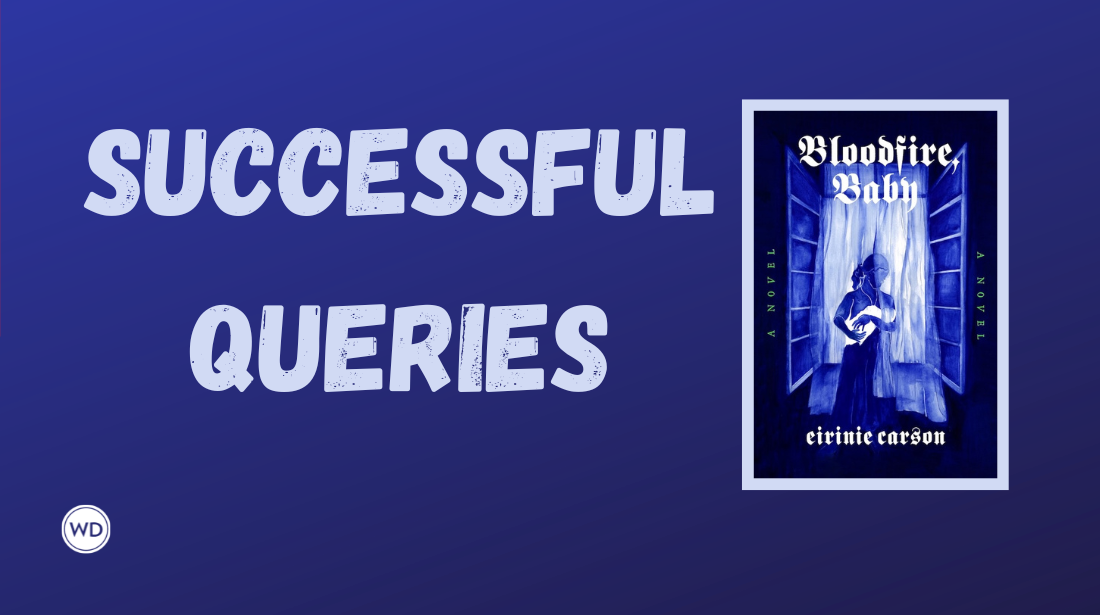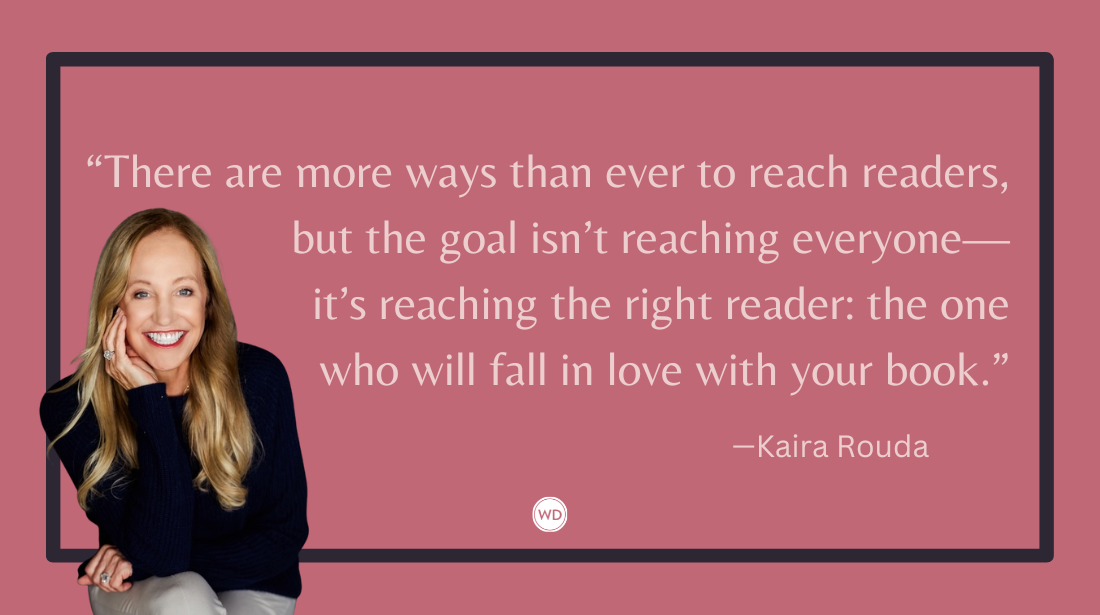Media-Savvy Author: Organizing Your Agent Querying Process
Productivity expert and media-trainer to authors Paula Rizzo offers 5 tips to help organize your search for the right literary agent.
Organization is essential to the querying process. That’s because it involves contacting numerous agents—sometimes more than 100 people!
It’s easy to forget details without a system. The last thing you want to do is accidentally send an email to the wrong person or forget to follow up (if that’s what they ask for!) Those little mix-ups can undermine your professionalism and hurt your chances of success. Organization will help you avoid flubs like that.
Developing an organization system will help you track who you’ve contacted and their responses. And you don’t want to wait until you’ve started querying to create your organizational system. Pre-planning helps manage the complex, time-consuming process of querying.
1. Do pre-planning and research.
You don’t need to wait until your manuscript is ready to get started. In fact, that’s too late. I suggest you start collecting agent information 1–3 years before querying. Yep—that gives you a strong foundation of information going into the querying phase.
You can begin by creating a living document to take notes. One place to start is researching comparable titles and their agents. That will give you a sense of who handles the kind of book you’re writing. QueryTracker.net is a great go-to for comprehensive agent information. They have a database of agents (and tracking tools you can use). In this stage, it’s a good idea to focus your research on agents open to submissions in your genre.
2. Create a centralized tracking system.
When you’re ready to begin querying, it’s time to transition to a detailed spreadsheet. This spreadsheet should include sections to track key information. This includes query sent date, materials sent, and agent guidelines. You’ll also want somewhere to note what feedback you get from an agent and full manuscript requests.
You might also consider project management tools like Asana for reminders (this is what I use!).
3. The ins and outs of emailing.
I suggest sending queries in waves, such as 10 at a time. Setting up a regular schedule for reviewing and following up (e.g., every Friday) is helpful to keep yourself accountable.
You can also make things easier by streamlining your email process. You can create an email folder specifically for queries and use email templates (e.g., Gmail Templates). The template can have your query letter ready to go so you just need to put a few finishing touches on it before you hit send. This cuts down on all the cutting and pasting.
As for those emails, you should always personalize introductions for each agent. That shows you’ve done your research and it’s a sign of professionalism.
4. Expect agent variability.
Submission requirements vary widely between agents. Some want five pages and others want 50. And some agents prefer only query letters. That’s why it’s important to do your research and make sure you’re tailoring your approach and updating your spreadsheet!
As for hearing back … be prepared for long waits! Response times for queries can range from two days to two years. Waiting six months is totally normal, so no need to panic if you’re not hearing back from agents right away.
5. Organize feedback and updates.
Keep all feedback in one place for easy reference. Constructive feedback might be tough to hear in the moment, but it’s also a gift—you can use this information to make updates to your query or manuscript.
Tracking statistics is another important measure during this process. Keep track of the number of queries sent, full requests, and rejections.
The querying process can be nerve-wracking. But having a comprehensive organizational plan will give you the tools you need to keep track of the volumes of information that querying involves.
I took and loved YA author Lauren Kay’s Query Bootcamp which breaks down the querying process and how to engage with agents and write the best possible letter. She also has a great spreadsheet to help track queries as part of the class. Writer’s Digest University also regularly offers query letter and submission material boot camps.
And remember—the goal of querying is to get your book in front of people who need to hear your message or story. Keeping that in mind can help you stay grounded during this process.
Once you get this system down you can use it for creating videos, podcasts, pitching media, just about anything! So it’s well worth getting your steps together and reusing your system.
Paula Rizzo is an Emmy Award-winning television producer, bestselling author of Listful Thinking & Listful Living, media-training coach, speaker, LinkedIn Learning Instructor, host of the live-stream show “Inside Scoop,” and creator of the popular online training Media-Ready Author. Grab Paula’s free guide, 10 Media Questions Every Author Needs to Answer, to create buzz for your book.









